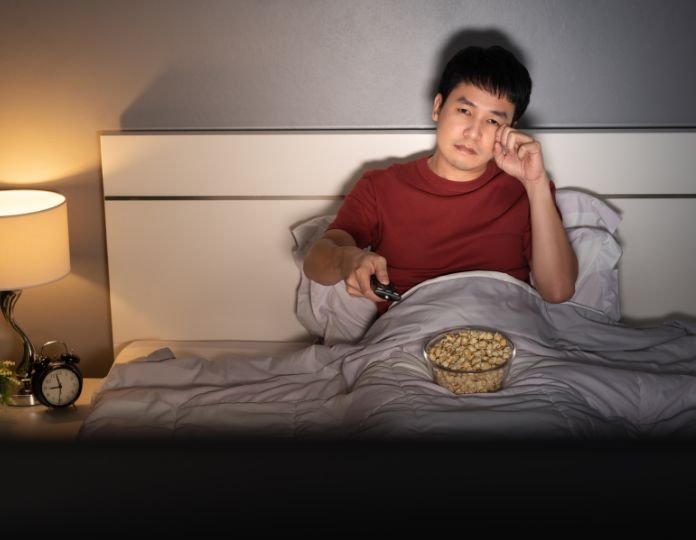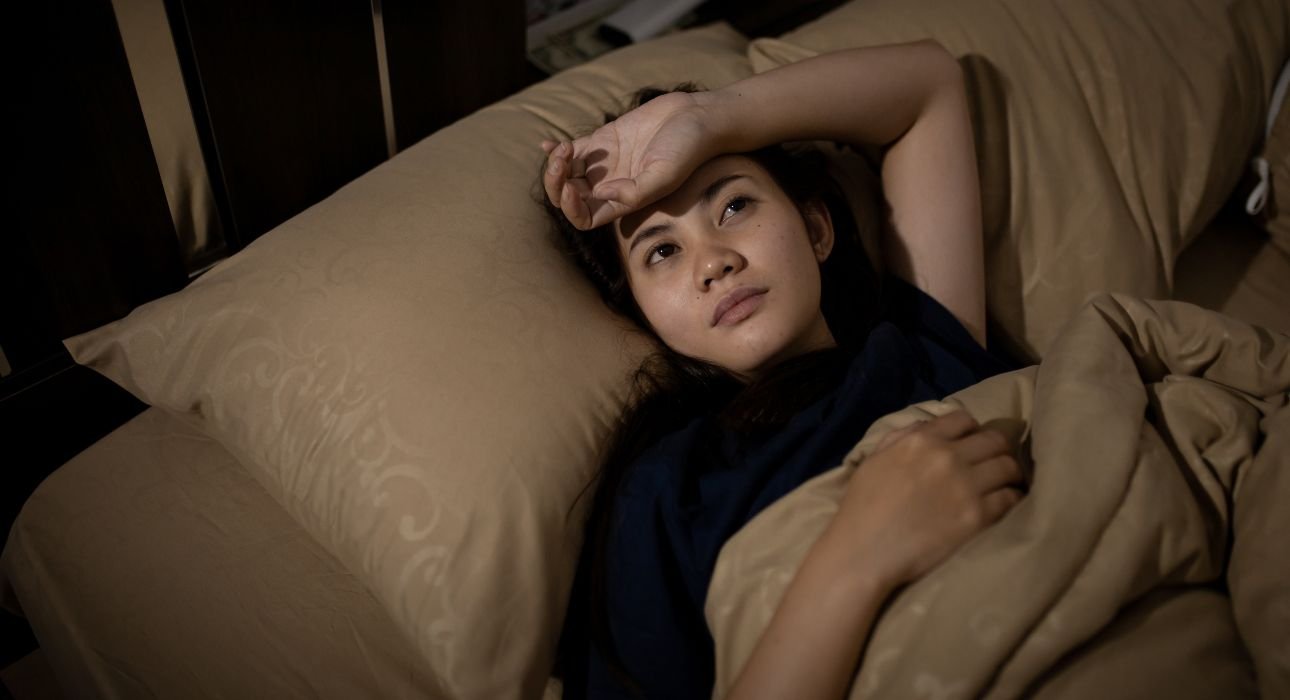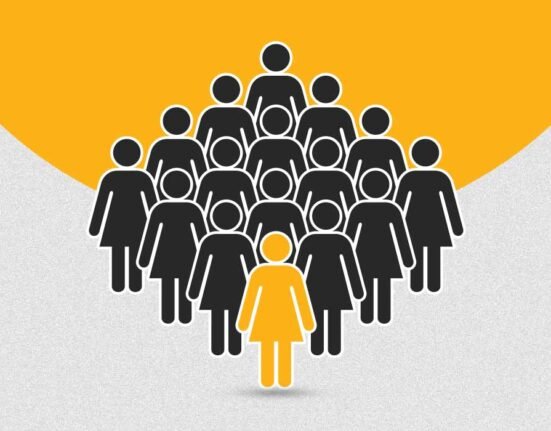Many of us are familiar with the term procrastination, the act of putting off tasks for later or until the last minute. From completing assignments to delaying laundry, we are all guilty of procrastinating from time to time. Procrastination is a universal human tendency rooted in emotional regulation, cognitive processes, motivation, self-regulation, etc. While individuals often procrastinate during mentally stimulating tasks like academics, work, and exercising (Cherry, 2024), it can also creep into a basic yet essential and indispensable part of life, which is sleep. This specific procrastination is known as bedtime procrastination, a term many people are unaware of but guilty of.
Introduced by FM Kroese and a team of renowned researchers, bedtime procrastination is defined as the delaying or failing to go to bed at the intended time, without any external factors preventing them from doing so (Kroese et al., 2014). Instead of ending the day with the much-needed rest, people find themselves scrolling through social media, including Instagram, WhatsApp, TikTok, and indulging in watching shows that continue till 4-5 am. Many may even work or study during their bedtime, counting it as being ‘productive’ during the night; however, this is also a way to procrastinate during bedtime. This is more than just being lazy or careless with time; it reflects a complex psychological struggle that will be explored further in the article.
Psychological Understanding and Contributing Factors of Bedtime Procrastination
Emotional Factors
- Overthinking during nighttime: Sleeping environments are often silent without any distractions other than unsettled and overthinking thoughts that pop up during the night, forcing us to confront the uncomfortable feelings brought along with those thoughts. These thoughts may include overcontemplating job risks, relationships, upcoming tasks, or responsibilities. This discomfort can prevent individuals from going to bed without any unrelated stimulation from the outside world. This is fueled by social media, where people seek late-night entertainment as a way to emotionally distract themselves and escape stress.
- Anxiety and Depression: Individuals who suffer from mental disorders or are prone to disorders like anxiety and depression often become victims of bedtime procrastination. This exacerbates stress, reduces self-esteem and increases feelings of helplessness from watching people move forward on social media while feeling worthless in your own life. A fleeting motivation to “do better” fueled by unrealistic social media ideals fades quickly, leading to repeated late-night procrastination. This ongoing cycle worsens anxiety and depressive symptoms over time. This continues, thereby creating a vicious cycle of procrastination (Boyes, 2019; Kamble, 2024).
Read More: Misinformation in Your Feed: When Social Media Becomes a Mental Health Risk
Cognitive Factors
- Lack of self-regulation and control: According to Baumeister, it is shown that individuals who exert mental effort and self-regulation throughout the day undergo ego depletion. Ego-depletion theory states that everyone has a limit of self-control over their desires and urges, and this is reduced by the end of the day, similar to how a fully charged battery works after being used thoroughly. This burnout makes it increasingly difficult to avoid the temptations of indulge-watching or scrolling through social media and to make good decisions regarding sleeping habits (Chin, 2023; Evans et al., 2016).
- Instant gratification: Studies have revealed that human beings lean more toward present and instant satisfaction as compared to a more rational gratification that occurs later. When it’s bedtime, we feel a need to gratify our tendencies of scrolling or watching and without sufficient self-control, these needs will be prioritised over proper sleep that provides enough rest for an energetic and functional day (Chin, 2023).
Environmental Factors
- Technology: Digital media have dopamine-driven reward loops in forms of automated scrolling, auto-play options, notification settings and other features that reduce manual effort. Social media is particularly effective in ensuring that individuals spend more screen time than intended, thereby preventing them from going to bed early. Additionally, blue light emitted by screens inhibits the production of melatonin, which disrupts the circadian rhythm and makes it more difficult to fall asleep, potentially causing severe cases like insomnia (Silvani et al., 2022).
Revenge Bedtime Procrastination
Another key aspect of bedtime procrastination is ‘revenge’. Revenge bedtime procrastination is seen as an act of rebellion, offering a sense of control over time despite sacrificing sleep. Individuals tend to postpone bedtime so they can engage in other activities during bedtime, as they were unable to accommodate these activities during the daytime. The addition of “revenge” to bedtime procrastination was introduced in China, where a journalist emphasised the long and tedious hours that individuals would work, and reports showed that they would deliberately stay awake past their bedtime as a defiant act against the stress and pressure from work (Cherry, 2023; Chin, 2023).
Read More: Perfectionism, Procrastination and Paralysis
Who is most affected by Revenge Bedtime Procrastination?

Revenge bedtime procrastination is common among parents of young children, as their window of solitude and personal time is often during late nights after the children have gone to bed. Additionally, individuals with hectic work and study hours may spend late nights relaxing, indulging in watching movies and shows, reading, or catching up on household chores, etc.
Bedtime procrastination reflects a desire for independence and control, stemming from deep psychological needs rather than mere laziness (Cherry, 2023).
Read More: The Cost of Staying Up Late: How Chronotype Impacts Cognitive Ageing
Impacts of Bedtime Procrastination: Mental Health Consequences
- Impaired Cognitive functions: Sleep deprivation affects normal mental functioning by distorting memory organisation, reducing attention span, slowing reaction time, impairing problem-solving, decision-making, and abstract thinking, and gradually making everyday activities more difficult (Cherry, 2023).
- Mood disturbances: Lack of sleep and well-needed rest often cause irritability, emotional instability, and poor motivation, all of which affect overall mental well-being (Suni & Dimitriu, 2023).
- Increased Risk of Anxiety and Depression: Sleep deprivation gradually reduces emotional resilience and creates a vulnerable mindset that focuses on rumination, which increases or worsens mental-health disorders like anxiety, depression, and other mood disorders (Kamble, 2024).
- Gradual Reduction of Self-Regulation: Bedtime procrastination impairs good sleep habits, disrupts self-regulation, reduces attention, and weakens will-power, self-control and energy, leading to a lethargic lifestyle that reinforces the cycle of procrastination (Suni & Dimitriu, 2023).
- Poor Academic and Work Performance: Bedtime procrastination leads to lower productivity and increased risks of making errors that negatively affect productivity and efficient school and work performance.
Read More: How Social Media Affects Our Attention Span
Physical Health Consequences
- Immune System: Insufficient sleep can make one prone to illness and infections easily, as well as slow recovery due to a weakened immune system (Cherry, 2023).
- Hormonal Disruption: Hormonal imbalances involving cortisol, melatonin, leptin, insulin, thyroid, and growth hormones can cause issues like insulin resistance, obesity, weight changes, sleep disorders, and chronic fatigue (Van Cauter et al., 2015).
- Heart-Related Risks: Chronic sleep deprivation is a risk factor for critical health issues, including hypertension, heart disease, stroke, etc (Cherry, 2023).
- Constant Fatigue: Continuous exhaustion from delayed sleep can cause burnout, reducing productivity and decreasing quality of life.
How to Overcome Bedtime Procrastination

- Recheck Your Habits: Try to find the reason behind your bedtime procrastination. For some, it’s to escape stress or enjoy leisure after a hectic day; for others, it’s a chance to catch up on chores, cooking, or extra work. Once you identify the reasons, research effective methods and apply strategies tailored to manage your procrastination (Chin, 2023).
- Establish A Proper Sleep Routine: An hour before bed, engage in calming activities like meditation, listening to music, reading, etc. Such soft activities will notify your brain that it is time to slowly wind down. Additionally, try to maintain the routine and sleep at the same time every night for the proper functioning of the circadian rhythm and a more energetic and restful lifestyle (Chin, 2023).
- Refrain from Screen Exposure: Avoid using phones, tablets, and watching television at least one hour before bedtime. The blue light from electronic screens affects melatonin, making it harder to fall asleep (Chin, 2023).
- Create A Sleep-Friendly Environment: Darken the room by using curtains, blinds, or an eye mask, and try to keep a cool and quiet environment for restful sleep (Cherry, 2023).
- Manage Stress: Most individuals indulge in bedtime procrastination to escape from stress about the future or present circumstances. Use coping strategies like relaxation exercises, journaling, talking with loved ones, and sharing support to improve bedtime habits (Cherry, 2023).
- Consult A Doctor or a Therapist: Bedtime procrastination causing chronic sleep deprivation may require help from therapists, psychologists, or psychiatrists. (Chin, 2023).
Conclusion
Bedtime procrastination reveals a sense of conflict between psychological needs, contemporary lifestyle, and the physical necessity of the body to rest. It’s more than laziness; it stems from poor self-regulation, instant gratification, tech influence, emotional escape, and work, study, or cultural pressures.
For many, this leads to revenge bedtime procrastination—sacrificing sleep and well-being for a small sense of independence and control. However, Studies highlight that sleep deprivation from procrastination harms cognitive function, emotional regulation, and physical health. Understanding its causes and managing symptoms can improve bedtime habits, boosting energy and balance throughout the day.
Read More: Self-regulation Tips for People with Anxious Attachment
FAQs
1. Is bedtime procrastination the same as insomnia?
No, bedtime procrastination is different from insomnia. Bedtime procrastination is choosing to stay up late, while insomnia is the inability to sleep despite trying. However, constant bedtime procrastination can gradually develop sleep disorders like insomnia
2. Can bedtime procrastination become an addiction?
Bedtime procrastination cannot be classified as an addiction, but it may seem difficult to control. Late-night entertainment can lead to an addictive cycle, but bedtime procrastination can be controlled through willpower, determination, and effective stress-management strategies.
3. What’s one quick fix I can try tonight?
Start slowly with developing a simple habit. Set a wind-down alarm 30 minutes before bed and use the time for relaxing activities that don’t involve screens. Gradually increase the 30 minutes to 45 minutes and then 1hour to see efficient results.
4. Why is it called “revenge” bedtime procrastination?
The term “revenge” in bedtime procrastination refers to staying up late to reclaim personal time lost during a hectic day.
Refreneces +
Boyes, A. (2019). Why Depression and Procrastination Are Linked. Psychology Today. https://www.psychologytoday.com/us/blog/in-practice/201909/why-depression-and procrastination-are-linked
Cherry, K. (2023). What Is Revenge Bedtime Procrastination? Verywell Mind. https://www.verywellmind.com/what-is-revenge-bedtime-procrastination-5189591
Cherry, K. (2024). What is procrastination? Verywell Mind. https://www.verywellmind.com/the psychology-of-procrastination-2795944
Chin, J. (2023). The psychology behind bedtime procrastination. PULSE+ Allied Health. https://pulseallied.health/bedtime-procrastination/
Evans, D. R., Boggero, I. A., & Segerstrom, S. C. (2016). The nature of self-regulatory fatigue and “ego depletion”: Lessons from physical fatigue. Personality and Social Psychology Review: An Official Journal of the Society for Personality and Social Psychology, Inc., 20(4), 291– 310. https://doi.org/10.1177/1088868315597841
Kamble, V. (2024). “Impact of Procrastination on Anxiety, Stress and Depression among College Students.” https://www.globalscientificjournal.com/researchpaper/_Impact_of_Procrastination_on _Anxiety_Stress_and_Depression_among_College_Students_.pdf
Kroese, F. M., De Ridder, D. T. D., Evers, C., & Adriaanse, M. A. (2014). Bedtime procrastination: introducing a new area of procrastination. Frontiers in Psychology, 5(611), 1–8. https://doi.org/10.3389/fpsyg.2014.00611
Silvani, M. I., Werder, R., & Perret, C. (2022). The influence of blue light on sleep, performance and wellbeing in young adults: A systematic review. Frontiers in Physiology, 13(943108). https://doi.org/10.3389/fphys.2022.943108
Suni, E., & Dimitriu, A. (2023). Revenge Bedtime Procrastination: Definition & Psychology. Sleep Foundation. https://www.sleepfoundation.org/sleep-hygiene/revenge-bedtime procrastination
Van Cauter, E., Knutson, K., Leproult, R., & Spiegel, K. (2015). The Impact of Sleep Deprivation on Hormones and Metabolism. Medscape.org. https://www.medscape.org/viewarticle/502825













Leave feedback about this